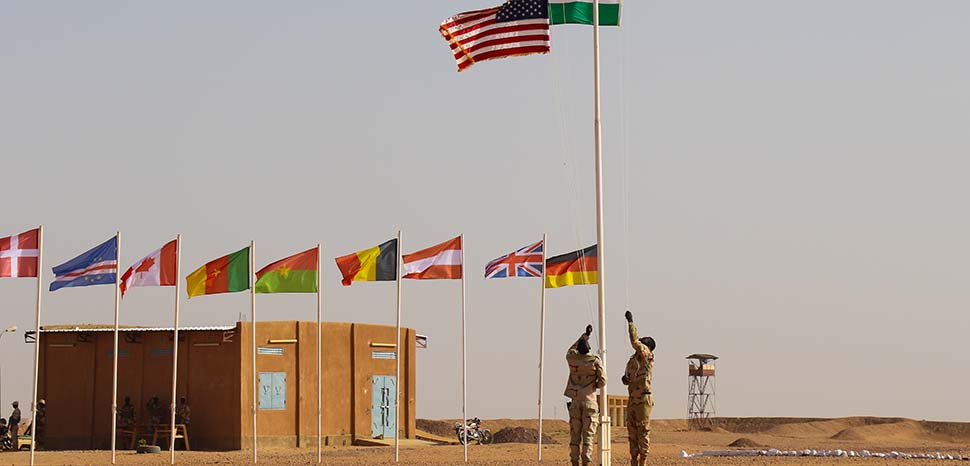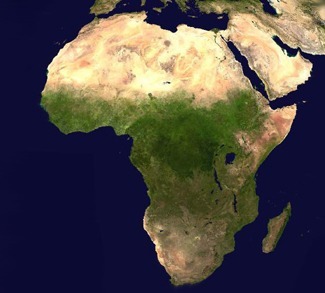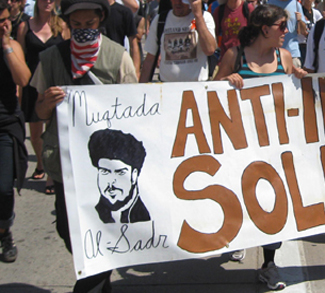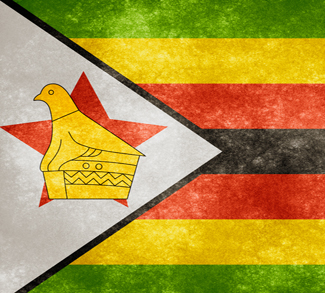In April 2024, Chadian authorities penned a letter to the US defense attaché in Chad threatening to cancel the Status of Forces Agreement between the two countries. Though the letter stopped short of demanding that US soldiers leave immediately, the letter requested that Washington withdraw all of its forces from the French base in N’Djamena.
The statement mirrors similar demands from Mali, Niger, and Burkina Faso, countries which are currently under military rule. All three have since followed through on their intentions to expel foreign forces. Chad is effectively the last country in the Sahel region that plays host to foreign soldiers. Niger, which was also home to US personnel, requested that the US withdraw its troops in March.
Chad is divided by the arid Sahara Desert to its far north, the tropical savannah to its south, and the Sahel transition zone between them. There are few notable geographic features besides Lake Chad, where the country gets its name. The capital N’Djamena lies near the Cameroonian border on the banks of the Chari River in the west. In the east lies the border region with Darfur in Sudan, to the north Libya, to the south the Central African Republic, and Niger and Nigeria to its west.
Chad has the third youngest population of any country in the world, at an average age of 16.6 years. It is a majority Sunni Muslim country, with a substantial Christian minority inhabiting the south. Most Chadians are secular on political issues, however.
After the death of former Chadian president Idriss Déby in 2021, the military initiated a coup that installed Déby’s son Mahamat. Since then, Mahamat Déby has moved to consolidate power. In 2022, he unilaterally extended the transition period, took up the reins of transitional president, and announced his candidacy for the presidential elections scheduled for May 6. Opposition candidates have had their candidacies rejected. The only candidate left with any hope of challenging Déby in the polls is the current prime minister, Succes Masra. However, Masra’s supportive statements toward the Mahamat Déby administration have tarnished his credibility as an opposition figure. The ultimate result of the upcoming elections will almost surely be a continuation of the present security policy, likely under a Mahamat Deby presidency.
Though only fielding around 30,000 soldiers, the Chadian military has received extensive support from foreign instructors and direct combat assistance. The country has been in a state of war for the better part of 30 years, with a civil war erupting in 2005. The military is battle-tested, not just from delivering the government a victory on the battlefield, but also from years of directly supporting regional militaries in their fight against Islamic extremists, with the 2012 Mali insurgency being one notable example.
Of growing concern to Washington is the potential alignment of Central and West African states like Chad with Russia, specifically through the Wagner Group, a Russian private military company. In an interview with France24, Déby insisted that his country was not a “slave looking to change his master,” suggesting a desire to balance the stakeholders involved. This accords with Chad’s longtime strategy of entertaining foreign backers to maintain a hold over an ethnically and politically fragmented society.
The pivot may be a tactical move by Mahamat Déby meant to boost his chances in the election. Goodwill towards France and the United States regarding their presence in Chad has run thin lately. By appearing to take a stance against historic colonial powers, Déby is galvanizing support from that section of the Chadian electorate.
Electoral politicking, however, may not be necessary. No Chadian election in history has ever been free and fair. Instead, commentators have suggested that it is a bargaining tactic that N’Djamena is using to increase US support for the Chadian government.
Chad’s relationship with France is deeper than France’s relationships with Mali, Burkina Faso, and Niger. As a result, Chad can’t shake the ties off so easily. For now, the French are not likely to immediately follow the Americans should the latter be fully expelled from the country.




